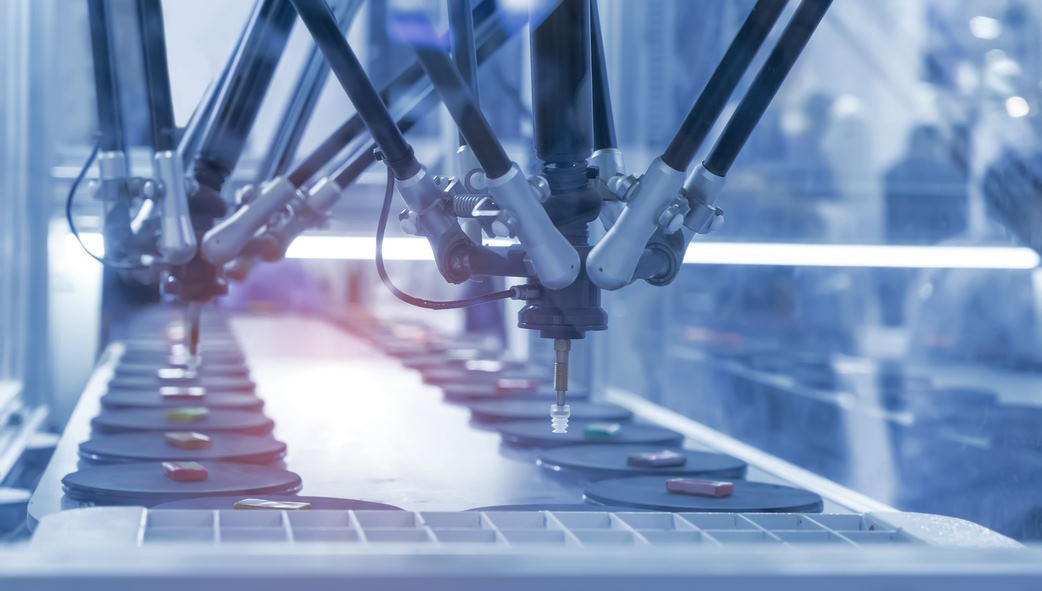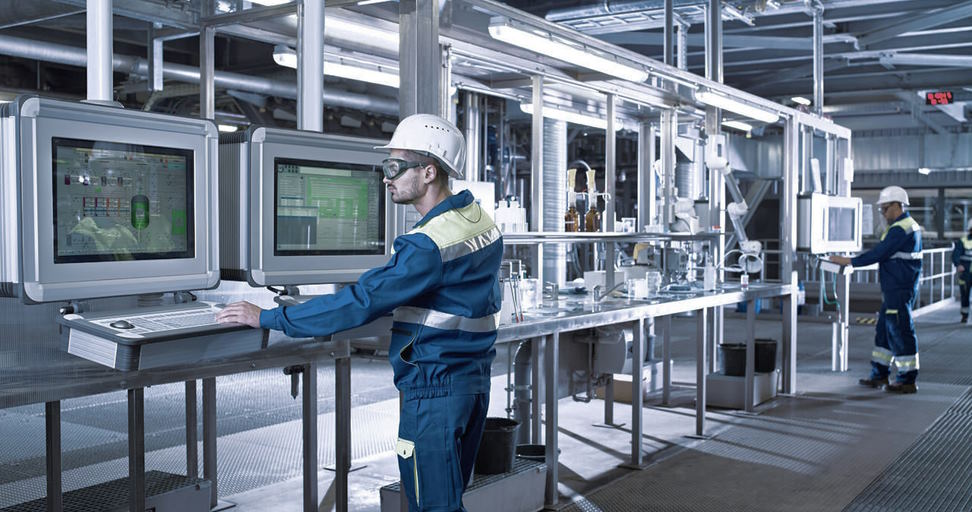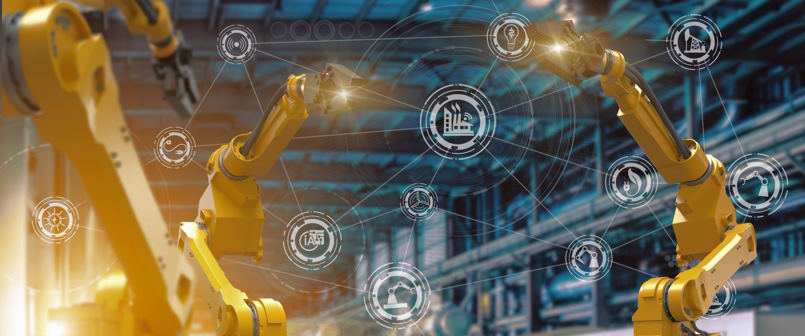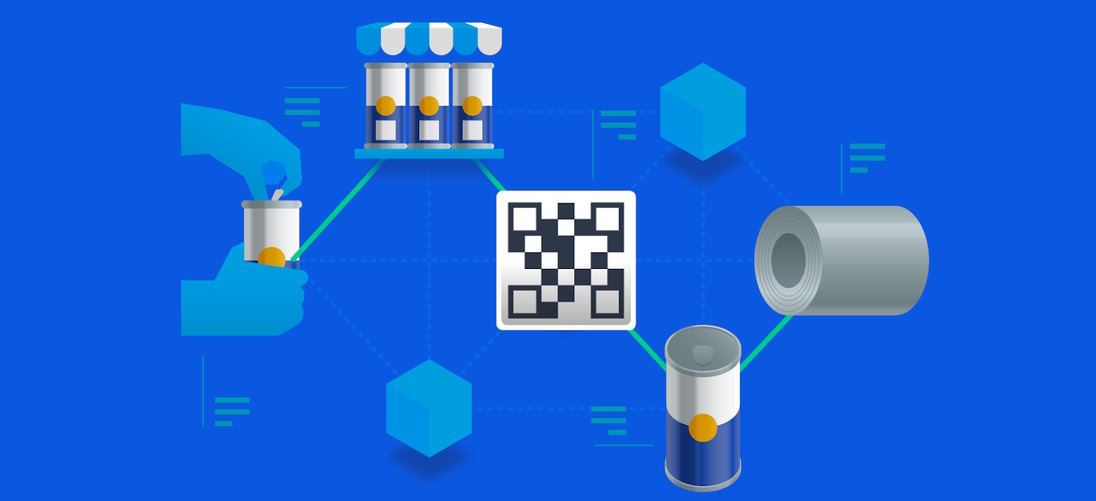Over the years, manufacturing approaches have undergone significant transformations, from traditional methods to the adoption of lean and agile manufacturing. Today, the rise of smart factories, which integrate the latest advances in technology, has revolutionized the manufacturing industry. Smart factories are a subset of Industry 4.0, which involves the use of digital technologies such as the Internet of Things (IoT), artificial intelligence (AI), and big data analytics to create highly automated and connected systems. We’ll examine how smart factories have enhanced productivity, flexibility, and customization while reducing costs and waste, as well as the challenges and opportunities they present.
Pioneering manufacturing approaches
Traditional manufacturing methods, also known as mass production, involve large-scale production of standardized products. However, this approach can be inflexible and inefficient, resulting in high production costs and low-quality products.
Agile manufacturing is similar to lean manufacturing, but it emphasizes flexibility and responsiveness to changing market demands. This approach involves the use of modular production systems and cross-trained workers, allowing manufacturers to quickly adapt to changing customer needs.
Industry 4.0 is the latest manufacturing approach, characterized by the integration of digital technologies such as IoT, AI, and big data analytics. This approach involves the use of smart factories, which are highly automated and connected systems that can communicate and collaborate with each other. Industry 4.0 enables manufacturers to optimize production processes, reduce costs, and improve product quality and customization.

Smart factories’ influence on pioneering manufacturing approaches
Smart factories have transformed the manufacturing industry, enabling a new level of automation, connectivity, and data analysis. This has had a significant influence on pioneering manufacturing approaches such as traditional methods, lean and agile manufacturing, and Industry 4.0.
Increased automation and connectivity have been made possible through the use of IoT and AI technologies. This has allowed machines, devices, and systems to communicate and collaborate with each other, resulting in increased efficiency and reduced downtime.
Improved data collection and analysis have also been a key influence of smart factories. The ability to collect vast amounts of data from machines, devices, and sensors has enabled manufacturers to gain valuable insights into their production processes, identifying areas for improvement and optimization.
Enhanced productivity and efficiency are significant benefits of smart factories. By automating repetitive tasks and using real-time data, manufacturers can optimize production processes, reduce waste, and increase productivity, resulting in lower costs and higher quality products.
Greater flexibility and customization are another influence of smart factories. With the ability to quickly reconfigure production lines and machines, manufacturers can respond quickly to changing customer demands, offering customized products and reducing lead times.

Benefits and challenges of smart factories
Smart factories are a game-changer for the manufacturing industry, offering numerous benefits such as increased efficiency, improved quality, and reduced costs. However, as with any new technology, there are also challenges that must be overcome.
One of the main benefits of smart factories is increased efficiency and productivity. By automating tasks and using real-time data, manufacturers can optimize production processes and reduce downtime, resulting in increased output and faster lead times.
Improved quality and flexibility are also significant benefits of smart factories. With the ability to quickly reconfigure production lines and machines, manufacturers can respond quickly to changing customer demands and offer customized products, improving customer satisfaction and loyalty.
Reduced costs and waste are also significant benefits of smart factories. By automating repetitive tasks and using real-time data, manufacturers can reduce costs and waste, resulting in improved profitability and sustainability.
However, there are also challenges associated with smart factories that must be addressed. One of the main challenges is the cost of implementation. Smart factories require significant investment in new technologies, infrastructure, and training, which can be a barrier for some manufacturers.
Cybersecurity risks are another challenge associated with smart factories. As with any connected system, there is a risk of cyber-attacks, which can result in data breaches, production downtime, and reputational damage.
Workforce training and readiness is also a significant challenge. The adoption of smart factories requires a highly skilled and adaptable workforce, which can be a challenge for some manufacturers. Training and upskilling programs must be implemented to ensure that workers are prepared for the new era of manufacturing.

